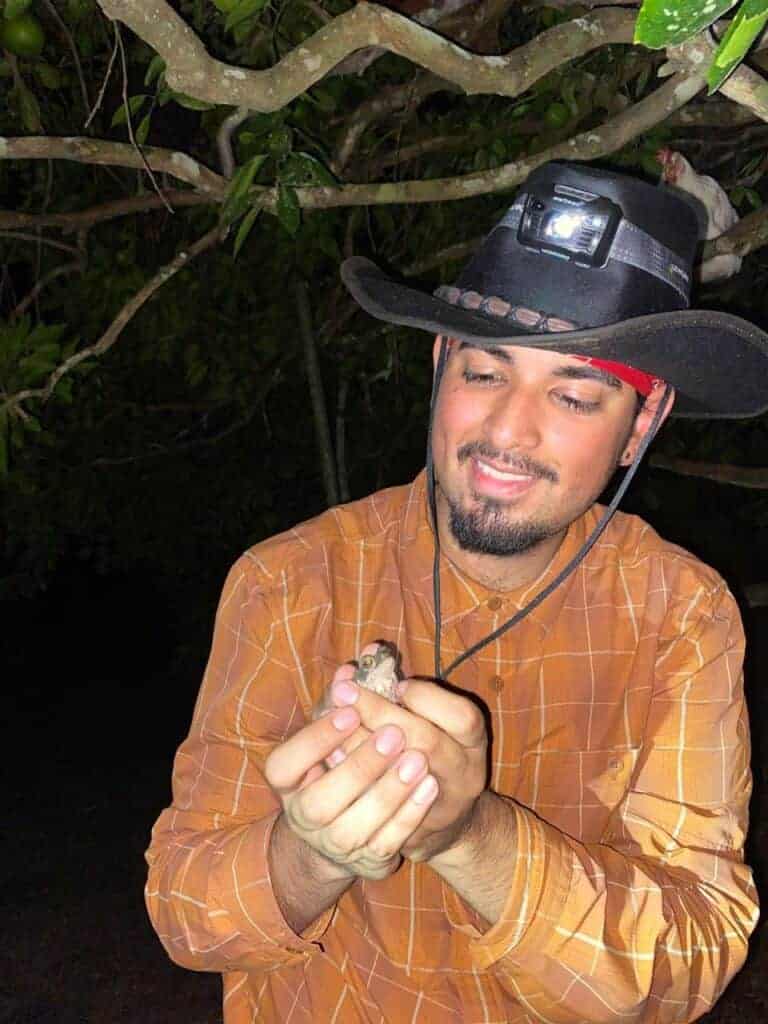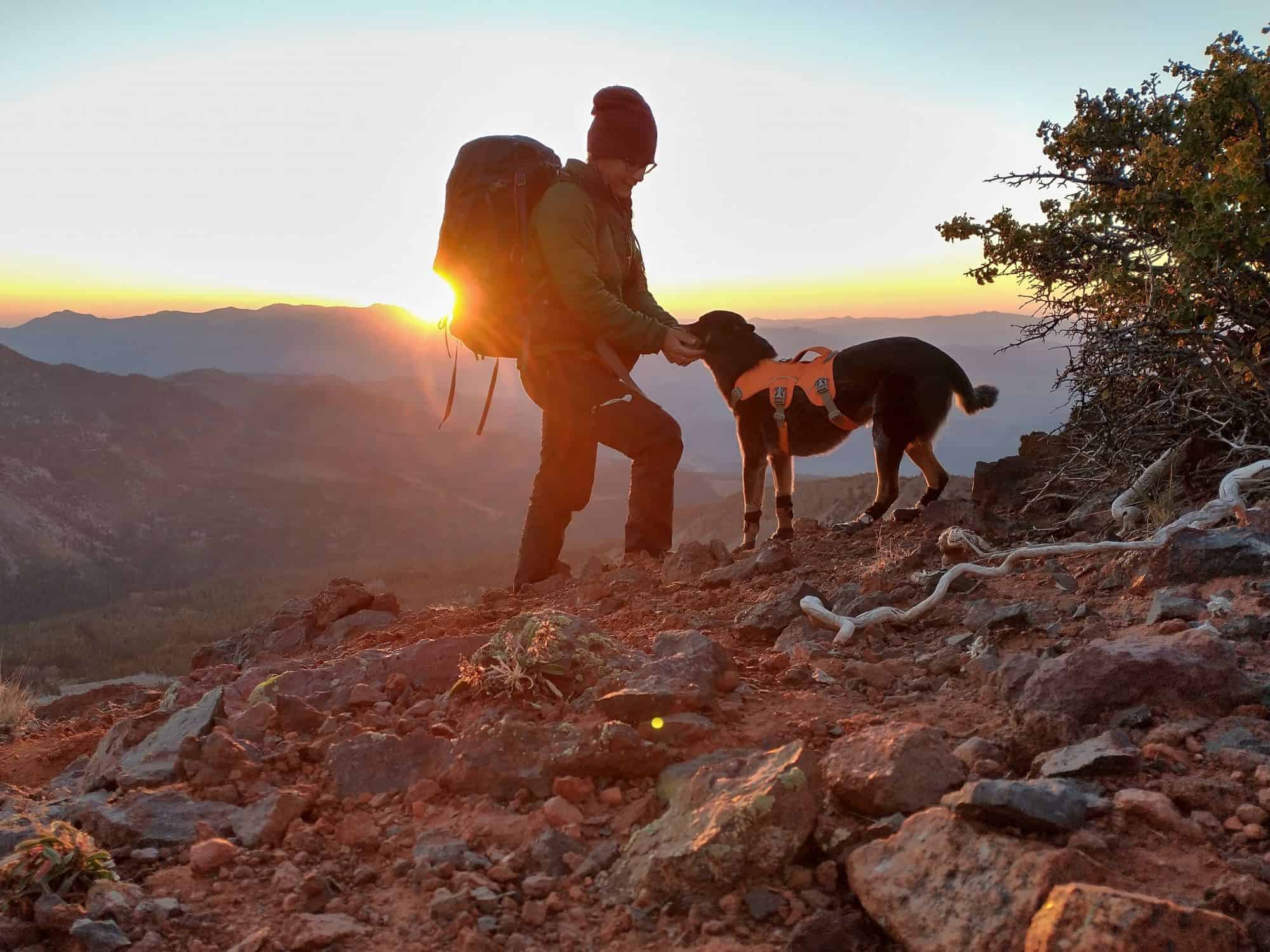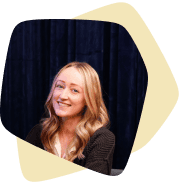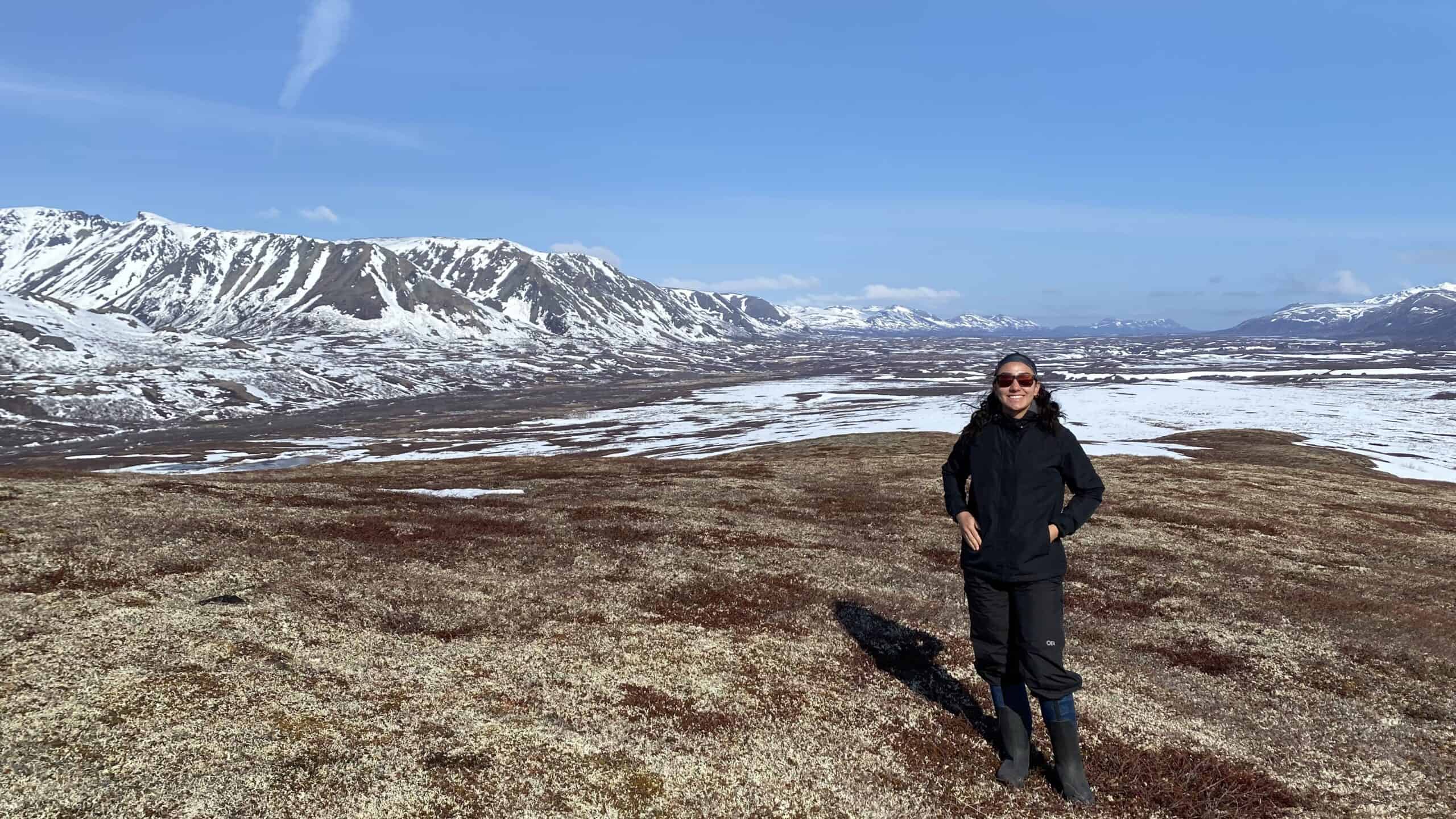Share this article
New working groups draw interest at the 2024 TWS Conference
Newly formed TWS working groups sought member input and engagement at the 2024 conference
New working group meetings at The Wildlife Society’s Annual Conference in Baltimore, Maryland, drew large crowds of interested members. TWS working groups allow members with common professional interests to network, exchange information, and promote science-based decision-making and management of a variety of wildlife and their habitats.
At the 2024 conference, some working groups met for the first time, while others held interest meetings to determine potential member engagement in particular topics. Each new group interim chair said that the idea for their working group began as an effort to fill a subject matter and interest gap within TWS.
Conservation Detection Dogs Working Group
The Conservation Detection Dogs Working Group meeting attracted such a crowd that the small meeting room was standing room only by the time the meeting was underway. Led by interim chair, Julia Nawrocki, the group’s goal is to promote the ethical and scientific approach of using K9 teams in conservation research and management.
“We want the working group to serve as a place for people who are currently doing detection dog or any kind of K9 work to come together and share ideas and push the field forward,” Nawrocki said. “We also wanted to provide a place for biologists and ecologists who maybe want to use the method and create the knowledge for those who want to incorporate dog teams into their studies.”
The group only had their interim status approved in late 2023, but Nawrocki said that their member roster is already close to 90 people. A conservation detection dog symposium was held during the 2024 conference with 16 presenters and two question and answer sessions discussing topics from what makes a good detection dog to case studies of how dog teams have been used in research across the world.
Coastal and Marine Wildlife Working Group
The Coastal and Marine Wildlife Working Group held its first in-person meeting at the 2024 conference. The group focuses on both coastal and marine biology, including species like marine mammals, sea turtles, sharks, shorebirds and more.
Hannah Henry, interim chair of the working group and PhD student at the University of North Carolina Chapel Hill, said that the group is meant to be a space where wildlifers can come together, collaborate and discuss issues across taxa. She was inspired to start the working group after attending her first TWS conference in 2023.
“I was doing a talk about dolphins, but when I came here I thought, ‘Where is everyone within this field?’ so it felt like there should be a dedicated space where professionals can talk about these specific coastal and marine wildlife topics.”
Henry said that the group has already had many productive discussions and hopes to have a full symposium at a future conference.
“It’s really beneficial for working groups to come together at the conference because of the networking and finding people who share your interests,” she said. “I met someone at my own university that I’d never worked with before, and now we’re talking about doing a sea turtle project together.”

Latin American and Caribbean Working Group
Another group holding their first in-person meeting was the Latin American and Caribbean Working Group. The working group is dedicated to fostering collaboration and addressing critical wildlife and conservation issues while also enhancing communication and accessibility for people within Latin American and Caribbean communities.
Carlos Hinojosa, the group’s interim chair and senior at Virginia Tech, said that TWS Council just approved the working group in March.
“The working group is a great opportunity to connect with other Latin American professionals, and it’s great to see a large array of people from different places,” Hinojosa said. “From the Cayman Islands, Mexico, Belize, to Brazil, they saw the Latin American and Caribbean Working Group meeting on the itinerary and wanted to come take part.”
Hinojosa said that the working group is focused on highlighting Latin American and Caribbean achievements in the wildlife field while bringing attention to their work and advocating for Latin American and Caribbean conservationists.
“I wanted it to be an inclusive space where we can advocate for people and their work in the region,” he said. “That’s why I especially wanted to highlight the Caribbean. I feel like they often get left out of the conversation, but we’re all connected.”
Future opportunities for growth
Other new working groups that met for the first time at the 2024 TWS conference included the Disabilities, Neurodivergence, and Allyship Working Group, as well as an interest meeting for a private land-specific working group.
Those interested in joining any of the above working groups or other groups can learn more on the TWS working groups page.
Header Image: Conservation Detection Dog, Filson helps conduct a Sierra Nevada red fox (Vulpes vulpes) surveys. Credit: Jennifer Hartman








